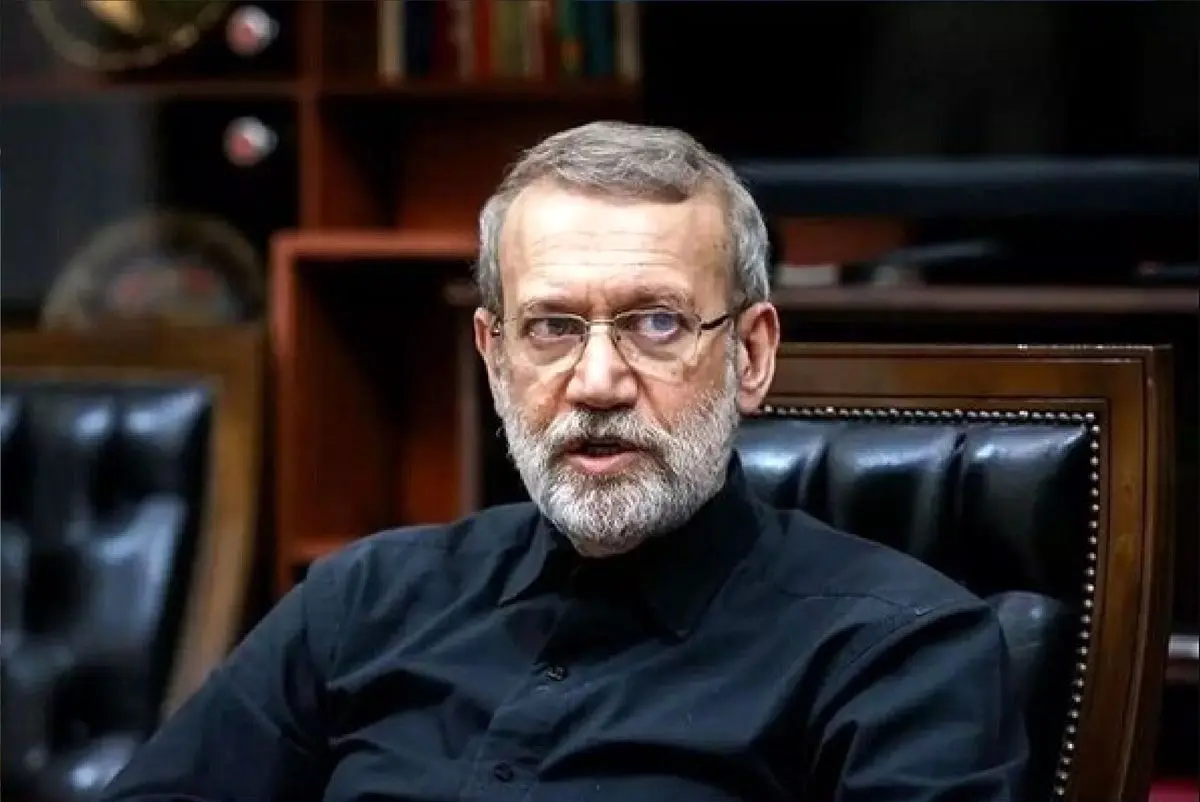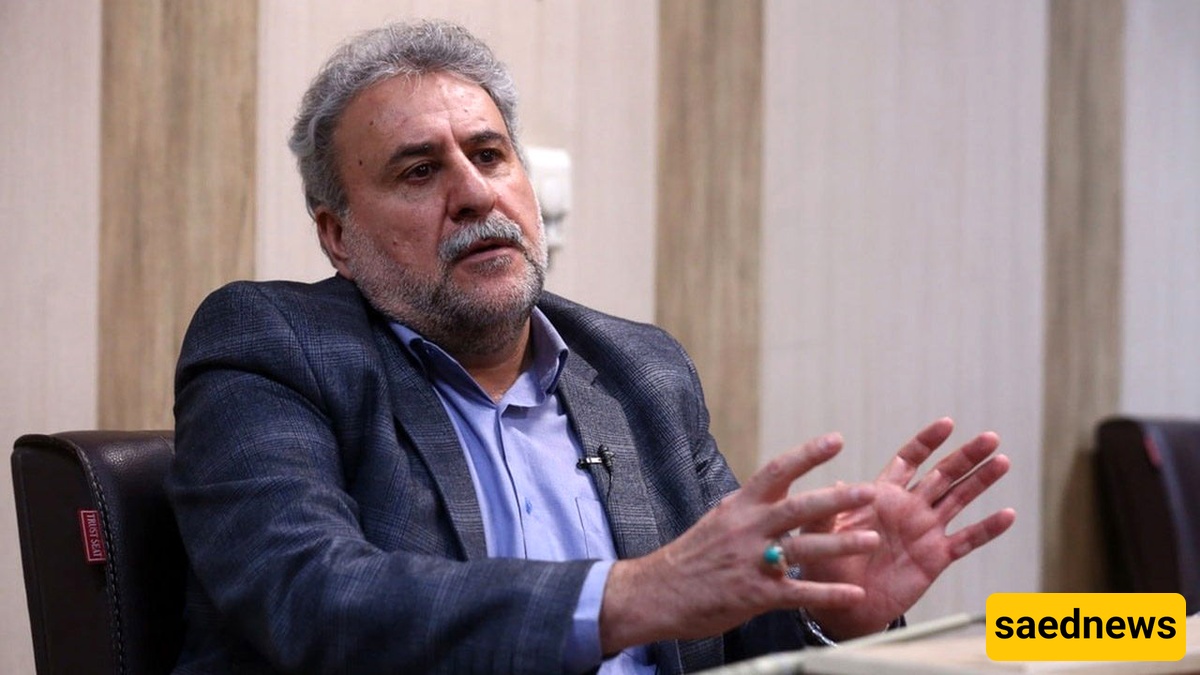SAEDNEWS: Iran is adopting a new regional security strategy, aiming to manage militias in neighboring countries through formal agreements and host-nation oversight. Ali Larijani’s recent visit to Iraq signals Tehran’s shift toward cooperation over unilateral influence.

Heshmatollah Falahatpisheh, former head of the Iranian Parliament’s National Security and Foreign Policy Commission, spoke to Etemad Online regarding the significance of Ali Larijani’s presence on the Supreme National Security Council amid current circumstances and the objectives behind his recent trip to Iraq.

He stated: “In my view, Mr. Larijani’s presence on the Supreme National Security Council can be analyzed within the framework of a new policy based on mutual security cooperation with regional countries. Although delayed, this policy has now reached a stage where it can serve Iran’s national interests. His trip to Iraq is part of this framework and aims to convey, through agreements, bilateral negotiations, and official cooperation, that issues which previously arose—especially concerning groups such as the Popular Mobilization Forces in Iraq and Hezbollah in Lebanon—can now be managed in line with the host countries’ national interests and security.”
Falahatpisheh continued: “I have repeatedly emphasized that no independent government ties its national interests to transnational armed groups. Some groups, such as Hezbollah or the Popular Mobilization Forces, have organized, structured, and well-managed systems. However, in recent years, other groups have emerged spontaneously, without clear oversight. These groups sometimes launched rockets at targets like the U.S. Embassy and other sensitive sites—actions entirely unrelated to Iran’s official policies. Yet in practice, these actions were attributed to Iran, giving extremists such as Trump and Netanyahu a pretext for hostile measures against our country.”
The international relations scholar added: “Iran is now implementing a new policy under which regional countries can manage groups perceived as close to Iran within the framework of their own national interests and security. Countries such as Iraq and Lebanon are also in complex situations. Many fear disarming groups like Hezbollah and the Popular Mobilization Forces because the number of individuals affiliated with extremist currents in regional prisons now exceeds what it was at the onset of ISIS. Denying themselves the capacity of resistance groups exposes them to major threats similar to those experienced in Syria.”
Falahatpisheh emphasized: “Thus, many resistance groups in the region are not merely threats but integral elements of the host countries’ defense and national security strategies. Yet actors like the United States and Israel have consistently tried to portray these groups solely as extensions of Iran’s regional policies. In this context, Larijani’s visits aim to clarify this ambiguity and convey that groups close to Iran, if faced with security threats to host countries, will act in accordance with the host countries’ national security.”
He continued: “In other words, Mr. Larijani’s goal is to ensure that resistance groups do not become merely a bilateral issue between Iran and regional governments. This approach is part of a broader new policy adopted by Iran, which, if implemented earlier, could have potentially prevented wars against the country.”
The former head of the National Security Commission concluded: “Under this strategy, Iran no longer intends to bear the costs of challenges arising from unmanaged developments in the region. By managing security issues within the host countries’ national interests and through security cooperation agreements with Iran, Tehran can enter a new stage of regional interactions—one in which the Islamic Republic can engage in negotiations with actors such as the United States on a more balanced footing.”
Falahatpisheh added: “I believe that following recent events in Iran’s nuclear dossier and having passed through a phase of war, the United States now more than ever needs security in the region. Consequently, Iran is striving to arrange negotiations where uncontrolled factors, such as independent armed groups, will not exacerbate tensions, allowing both sides to reach agreements on clear and manageable issues.”

